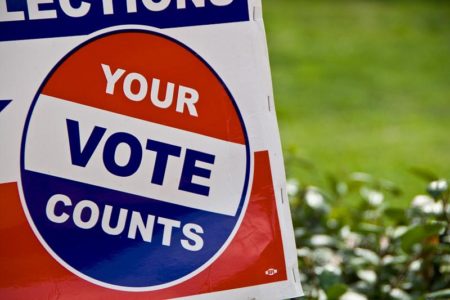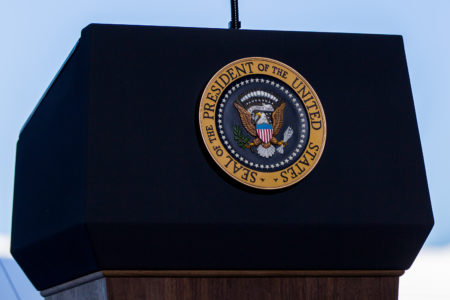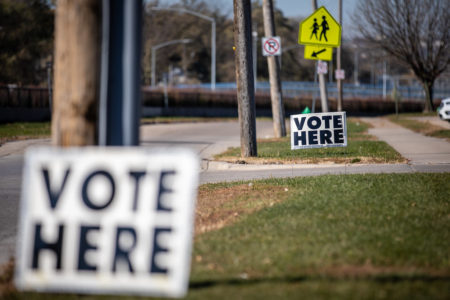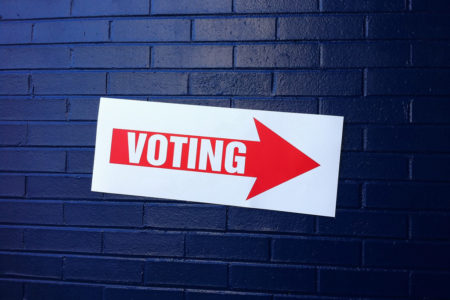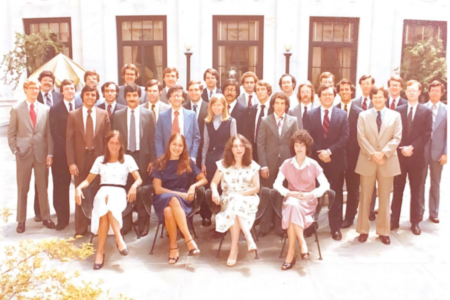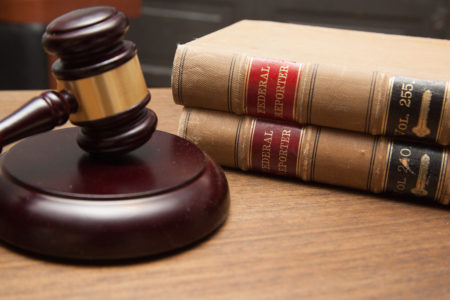
Reply
Is Quasi-Judicial Immunity Qualified Immunity?
by William Baude
Has qualified immunity finally found its roots? Scott Keller’s Qualified and Absolute Immunity at Common Law shows the breadth and complexity of nineteenth century case law dealing with official immunities. But its most important claim, for today’s purposes, is the claim to find a historical basis for a doctrine of qualified immunity: an immunity from suit given to all government officials (including, but not only, the police) whenever they are sued for violating the Constitution. According to Keller, “the common law definitively accorded at least qualified immunity to all executive officers’ discretionary duties” in 1871, when Congress passed the civil rights statute now codified as 42 U.S.C. §1983. This would be very important if it were true. But it is not.

